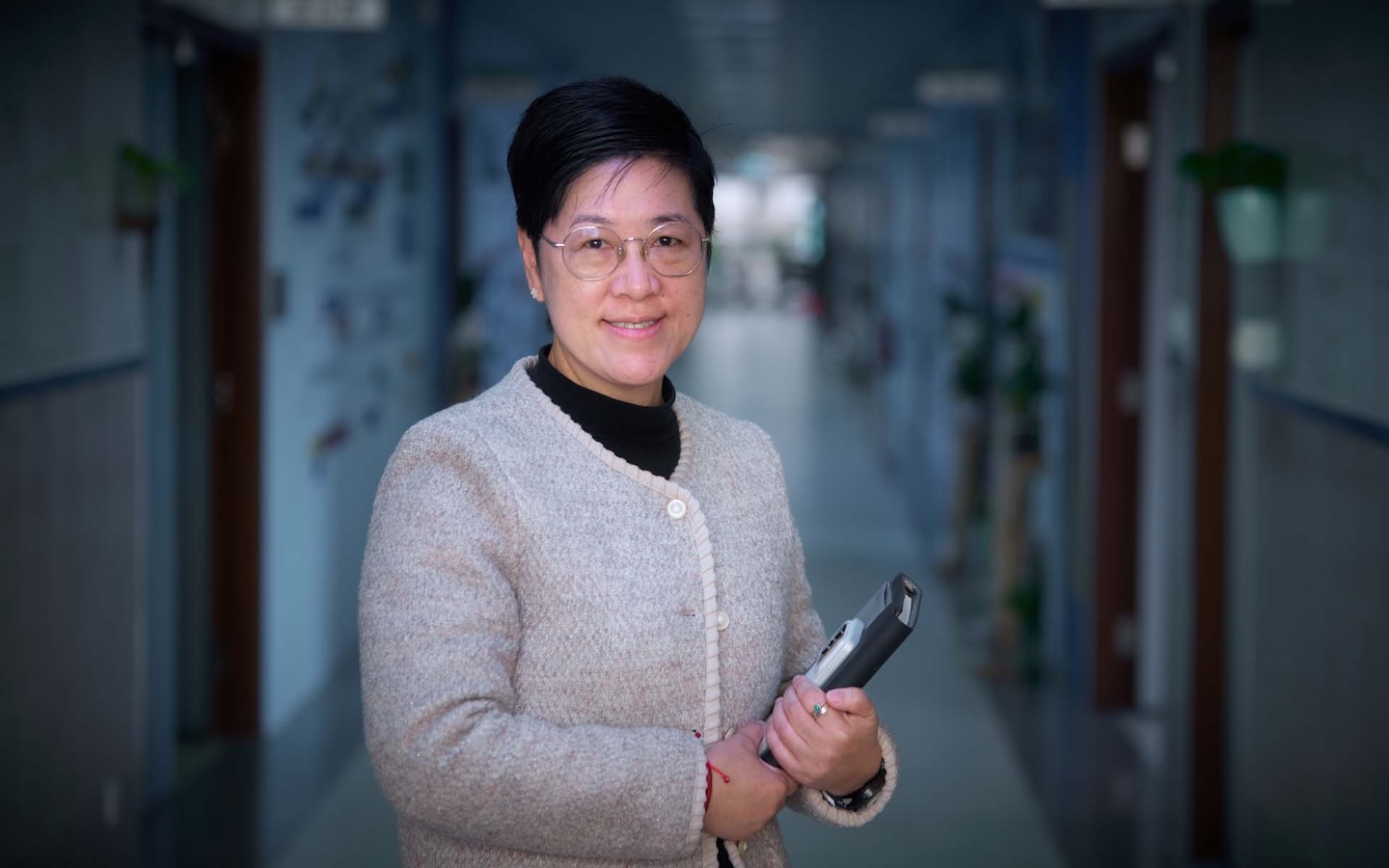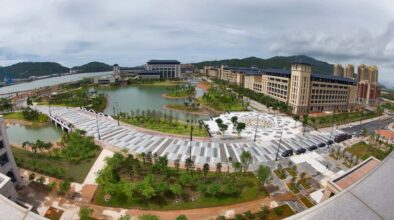TEXT Christian Ritter
INFOGRAPHICS Fernando Chan
In his 2019 Policy Address – themed “Seizing Opportunities for Balanced Development” – Chief Executive Chui Sai On announced that his government will spend MOP18.75 billion (US$2.33 billion) on subsidies, an increase of 45 per cent from the 2018 budget.
The total budget for the year, according to the 2019 General Integrated Budget of Public Expenditure, amounts to MOP122.38 billion (US$15.21 billion) with subsidies accounting for about 15.3 per cent of the total.
Speaking to the legislature’s hemicycle, Chief Executive Chui emphasised that it is Macao’s duty to protect the nation’s sovereignty, security and development interests, as well as the “grand mission to promote Macao’s lasting stability and prosperity.”
The 61-year-old Chief Executive, whose second and constitutionally final consecutive five-year term ends in December this year, delivered the policy address seated next to Legislative Assembly (AL) President Ho Iat Seng.
Many of the targeted subsidies benefit the most vulnerable in Macao – the elderly, people with disabilities, and disadvantaged families – while more broad-based subsidies go to all permanent and non-permanent residents.
Residents’ wealth-sharing cash handouts were increased by 11 per cent from MOP9,000 (US$1,118) to MOP10,000 (US$1,243) for permanent and from MOP5,400 (US$671) to MOP6,000 (US$746) for non-permanent residents.
This marks the first increase in the cash handout since 2014. Chui cited the MOP40-billion (US$4.97 billion) surplus last year, describing the increases as a means of sharing the fruits of economic development with the public.
Subsidies to seniors and new parents were raised by 5.2 per cent, with senior residents’ pensions increasing from MOP3,450 (US$429) to MOP3,630 (US$451) a month and the government’s birth allowance increased to MOP5,260 (US$654). Both parents are entitled to apply at the same time.
Other subsidies continue unchanged, including those for electricity bills, tap water tariffs, and bus fare concessions. The old-age allowance will stay at MOP9,000 (US$1,118) per year and healthcare vouchers, available to permanent residents only, will remain at MOP600 (US$75) per person for 2019.
 Incentives to work, build, innovate
Incentives to work, build, innovate
The Chief Executive also announced the continuation of a string of tax allowances and incentives, as well as four new ones targeted toward facilitating specific goals, including the development of the Greater Bay Area (GBA).
To encourage innovation, enterprises will enjoy a triple reduction in profit for the first MOP3 million (US$372,825) of joint venture R&D expenditure, and a double reduction in profit tax for additional expenditure, subject to a ceiling of MOP15 million (US$1.86 million).
Waivers of profit tax on investment income from local bonds issued by the mainland authorities and state-owned enterprises (SOEs), and exemption from stamp duty for issuing and acquiring the respective bonds aim to promote the development of specialised financial services in the city. As does a profit tax waiver regarding local enterprises’ income received or generated in Portuguese-speaking countries.
An increase in the basic allowance for personal income tax for seniors and people with disabilities, up to MOP198,000 (US$24,606), seeks to encourage employment among these groups.
To increase supply in the real estate leasing market, the property tax rate for leased properties will drop to 8 per cent (non-leased properties remain at 6 per cent). Chui also announced a raft of measures on the public housing front, including the construction of 28,000 flats in four phases in the Zone A land reclamation area near the Hong Kong–Zhuhai–Macao Bridge (HZMB) and 10,000 flats spread across three sites in Macao and Taipa.
Local focus on national initiatives
Chief Executive Chui reiterated Macao’s commitment to proactive participation in the nation’s GBA project and Belt and Road Initiative (BRI). Chui told lawmakers that the recently opened HZMB and the broader GBA development concept will be a boom to Macao’s position as a world centre for tourism and leisure, citing examples including the launch of multi-destination travel initiatives by the tourism authorities in the 11 GBA cities.
Chui highlighted four areas of possible GBA cooperation: innovation and entrepreneurship of young people; mutual recognition of professional qualifications by the three GBA jurisdictions (mainland, Hong Kong, and Macao); development of healthcare industries; and the extension of local residents’ medical welfare rights to the other two GBA jurisdictions.
 The government, he said, was studying the feasibility of setting up a medical insurance scheme for Macao residents living in other GBA cities and also looking into other welfare benefits that could be arranged for Macao residents living there.
The government, he said, was studying the feasibility of setting up a medical insurance scheme for Macao residents living in other GBA cities and also looking into other welfare benefits that could be arranged for Macao residents living there.
Chui noted that both the local and Guangdong governments were pleased with the impact of their CNY20 billion (US$2.91 billion) cooperation development fund. He vowed his government would further promote the development of the Guangdong-Macao Cooperation Traditional Chinese Medicine Science and Technology Park in Hengqin, as well as the establishment of a traditional Chinese medicine (TCM) museum and the promotion of the various aspects of TCM.
He also underlined Macao’s solid finances, pointing out that the government’s financial reserves stand at MOP554.9 billion (US$80.72 billion), up nearly MOP50 billion over 2017.
To better withstand the sort of adverse conditions associated with uncertainty, in May 2018 his government adopted a “defensive investment strategy” concerning its fiscal reserves by reducing in its portfolio the proportion of investment in stocks to 17 per cent, from 20 per cent previously. He said the government would continue to focus its investment strategy on bonds with strong credit ratings and yielding high interest rates.
Joint progress
This year marks important milestones for both Macao and the mainland, Chui noted, with the 70th anniversary of the founding of the People’s Republic of China and 20th anniversary of the establishment of the Macao Special Administrative Region.
Chui pledged that Macao will proactively contribute to the realisation of the Chinese Dream of National Rejuvenation and be an engaged participant in the nation’s New Era.
He stressed that the better the mainland’s situation is, the better Macao’s situation will be as well, underlining the mainland’s important role as Macao’s “backup.”



